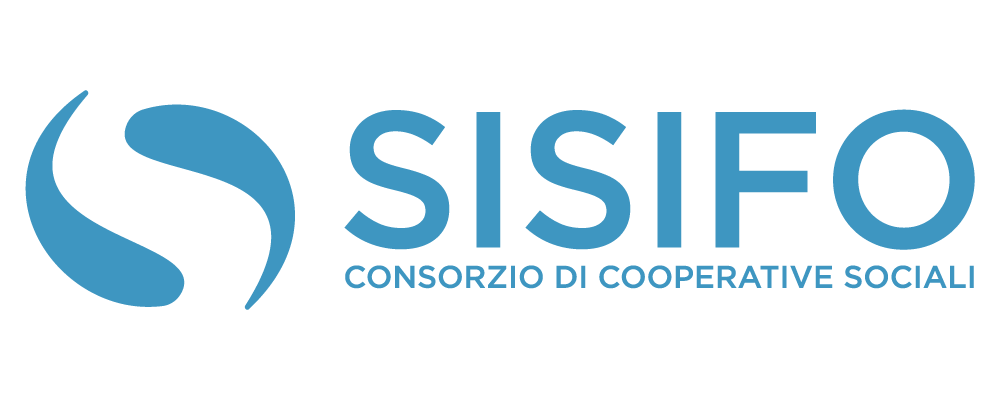What is Integrated Home Care
Integrated home care is a form of assistance that aims to meet the needs almost exclusively of the elderly, the disabled and patients suffering from chronic, degenerative conditions, who require on-going health and social care (rehabilitation activities, nursing assistance, chiropody services, etc…).
The aim of Integrated Home Care is to provide a variety of quality healthcare services on behalf of the Italian National Health Service, allowing patients to remain in their own home environment for as long as possible, thus also contributing significantly to cutting the cost of keeping those patients in hospital.
What is nursing Home?
Nursing homes are non-hospital facilities for the elderly, mainly those who are disabled or not self-sufficient, who cannot be cared for at home and require on-going treatment.
Their aim is to welcome patients and provide health and assistance services, as well as functional and social rehabilitation.
These nursing homes are non-hospital facilities of the Italian National Health Service that form part of the network of level one local services.
They are residential facilities that offer maximum integration between social and health care,
designed mainly for non-self-sufficient and/or disabled patients that cannot be treated at home, suffering from geriatric, neurological and stabilised mental illness. Patients may be admitted permanently, for periods of no more than 30 days to relieve the stress on families, or to complete rehabilitation cycles that may have been initiated in other national health services facilities.
This differentiation also plays a strategic role in defining management models able to guarantee specific assistance tailored to the different needs of each group, all of which require continual treatment, rehabilitation and assistance, with the aim of limiting the number of patients admitted to hospital facilities.
What kind of patients can use nursing home?
Nursing home patients are mainly non-self-sufficient elderly people that cannot be treated at home due to a lack of family support, or who have been discharged from hospital after an episode of illness, and are not suffering from any acute disease that would require admission to hospital.
The technical organisation that deals with access for the elderly patient to a nursing home and/or any of the other services in the network is the U.V.G. or U.V.M. Local Assessment Unit.
These units use a multi-dimensional assessment to determine the mental and physical conditions of the elderly patient, with an assessment scale for functional independence integrated with a psychological and social assessment.
How can ADI/Palliative Care can be activated?
Integrated Home Care Assistance (ADI) consists of a set of medical, nursing and rehabilitation services integrated with social-assistance services.
The ADI service is provided free of charge at the patient’s home, being funded by the National Health Service. The need to receive the Integrated Home Assistance service can be reported to the district by:
– doctor of general medicine
– hospital doctor
– the patient himself or a family member
– the social worker.
The district, therefore, collects the requests of ADI and the integra, based on the indications of the General Practitioner. Afterwards, a multidimensional evaluation of the patient is prepared by the Multidimensional Evaluation Unit (UVM) – formed by a medical team – which has the task of examining in detail the clinical situation of the patient in question, taking into account different aspects, including its mental health and socio-environmental factors.
At the end of the evaluation by the UVM, an Individualized Assistance Plan (PAI) is drawn up, which identifies the goals of care and assistance, defining a program coordinated by interventions by specific professional figures (doctors, nurses, physiotherapists, speech therapist, etc.), aimed at improving the quality of life of the patient.
Once these objectives have been identified, home care provided by the PAI is provided free of charge to the client.
Which Professional figures Sisifo seek?
The Sisifo Consortium searches for home care services the following figures: doctors, nurses, physiotherapists, speech therapists, psychologists,
social assistants, and obs.


